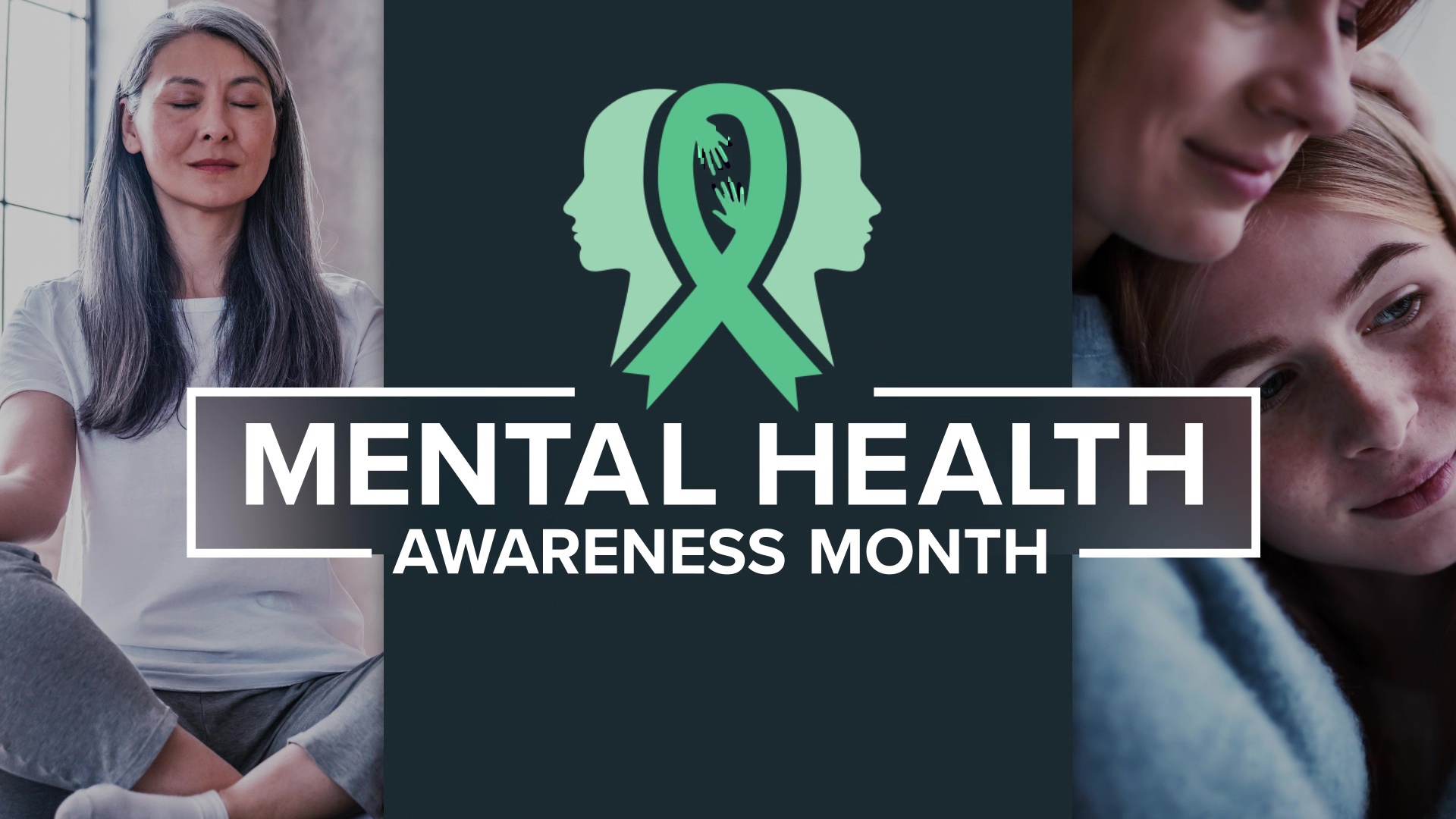DANVILLE, Pa. — The World Health Organization estimates that one in four people will experience mental illness at some point in their lives.
"It's us, it's our friends, it's our family, it's our circle. Only three in five engage in formal care," said Dawn Zieger, vice president of behavioral health at Geisinger.
May is Mental Health Awareness Month. It's an opportunity to talk about mental illness and how it impacts our lives. Zieger says it's important to check in on friends and family.
"If you see a change in behavior, a change in attitude, ask the hard questions to check on your friends because you don't know if someone may be struggling internally."
Some of the most common mental health illnesses are depression and anxiety.
"We offer groups because we feel like for depression and anxiety, processing together and learning from your peers is a good approach to treat those conditions."
While we are quick to get help for physical problems like broken bones, mental health is a different story. But even so, Zieger says post-COVID, Geisinger is seeing more referrals than ever for mental health.
"People really seeking care in a formal way—I call it the great awakening for mental health because people are coming and raising their hands where they didn't before to get help," Zieger said.
If you're struggling, talk to someone you trust. Zieger recommends having a buddy to keep you accountable when it comes to getting help.
If you are in crisis, please seek help immediately.
- If you or someone you know is struggling or in crisis, help is available. Call or text 988 or chat 988lifeline.org.
- Text MHA to 741741 to connect with a trained Crisis Counselor from Crisis Text Line.
- Call 911 or go to the nearest emergency room.
Geisinger has advice on how to improve your mental health.

